Elon Musk’s company Neuralink wants to put a computer chip in everyone’s brain. But the new tech comes with big risk.



Year 2020 face_with_colon_three
Frontotemporal dementia (FTD) and amyotrophic lateral sclerosis (ALS) are two fatal and incurable neurodegenerative diseases linked by a shared genetic cause – a heterozygous hexanucleotide (GGGGCC) repeat expansion in a single allele of the C9orf72 gene. The goal of this work is to develop novel CRISPR based therapeutic gene editing technologies and test whether gene editing can reverse the cellular pathology caused by this repeat expansion in patient derived cells. The results of these studies will advance our use of CRISPR technologies for therapeutic editing in FTD/ALS, inform our understanding of the regulation of C9orf72 gene, and will be applicable to many other repeat expansion and single gene disorders.
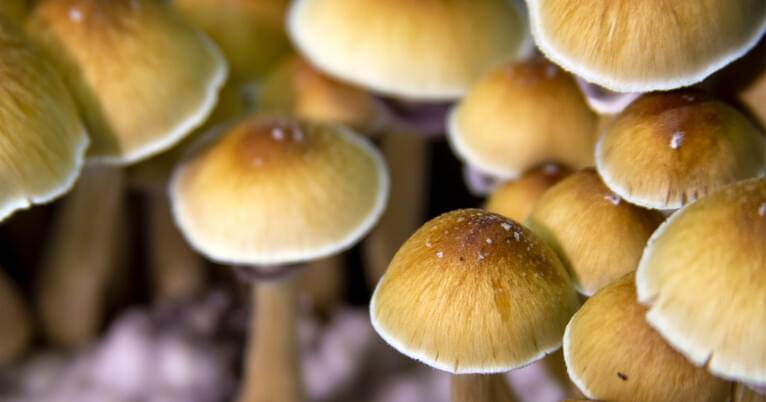
A single dose of psilocybin, the active compound in “magic mushrooms,” given to mice prompted a long-lasting increase in the connections between neurons.
In a new study, Yale researchers show that a single dose of psilocybin given to mice prompted an immediate and long-lasting increase in connections between neurons. The findings are published July 5 in the journal Neuron.

Elon Musk wants to put a computer chip in your brain. Well, maybe not in your brain, but in the brain of some human somewhere.
Musk’s neurotech startup, Neuralink, has been working toward implanting its skull-embedded brain chip in a human since it was founded in 2016. After years of testing on animal subjects, Musk announced in December that the company planned to initiate human trials within six months (though this wasn’t the first time he’d said these trials were on the horizon).
Neuralink has spent over half a decade figuring out how to translate brain signals into digital outputs – imagine being able to move a cursor, send a text message, or type in a word processor with just a thought.
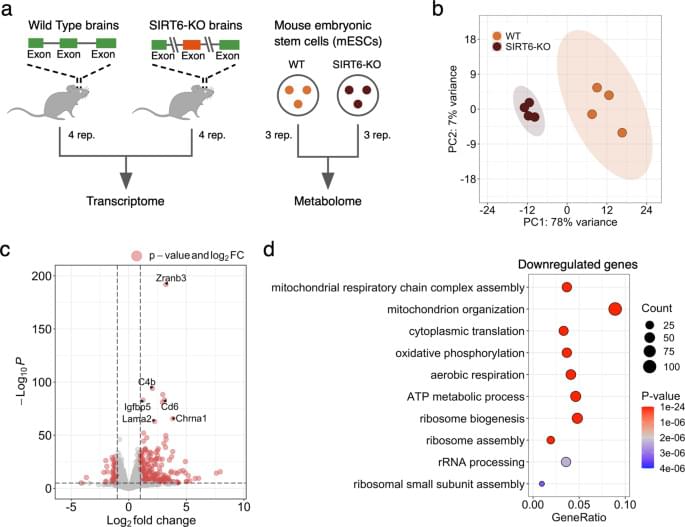
Though mitochondrial dysfunction is a known marker of aging and neurodegenerative diseases, the exact mechanism behind it remains unknown. Our study suggests that the decay of SIRT6 levels during aging [18] and in Alzheimer’s disease [18, 23, 46] could be a key mechanism causing the deterioration of mitochondrial functions. The changes induced by the SIRT6 knockout that we observe at the metabolite level support this claim: metabolites related to mitochondrial energy system pathways (in particular, OXPHOS and TCA cycle) are significantly overrepresented among differentially abundant metabolites. In line with the discussed mitochondrial dysfunction in aging, all these metabolites are downregulated in the SIRT6-KO samples. Importantly, the dramatic decline of one of them, NAD+, was also associated with pro-senescence mechanisms in various species [47, 48], as well as with limited neuroprotective activity of sirtuins [49].
Accordingly, the vast majority of differentially expressed mitochondria-related genes were downregulated in our gene expression analysis. As they were strongly enriched with mitochondrial respiratory chain complexes, we measured the mitochondrial membrane potential and mitochondrial content in SIRT6-KO cells because reduced gene expression might indicate the loss of mitochondria. Both measured characteristics were significantly decreased, validating the suggested impairment of mitochondrial oxidative phosphorylation and mitochondrial biogenesis in SIRT6-deficient brains. Interestingly, the average decrease of mtDNA gene expression (~19.7%) in SIRT6-KO was in good agreement with the corresponding reduction of mitochondrial content (21.8%), suggesting impaired mitochondrial biogenesis as a primary cause of the observed transcriptional dysregulation in mitochondria upon SIRT6 knockout.
Concordantly, the impaired membrane potential upon SIRT6-KO can be partially rescued by restoring SIRT3 and SIRT4 levels, which were significantly downregulated in SIRT6-deficient brains. Both of them are localized in mitochondria and impact mitochondrial pathways related to redox homeostasis and cellular metabolism [38] and have important roles in mitochondria metabolism ROS balance and lifespan [50,51,52]. The analysis of our and publicly available gene expression data [39] confirms that SIRT6 transcriptionally regulates SIRT3 and SIRT4. Our analysis further indicates that SIRT6 regulates mitochondrial gene expression through the transcription factor YY1. We have previously shown that SIRT6 and YY1 form a complex that regulates many shared target genes [24]. Our analysis of YY1 ChIP-seq data [53] suggests that SIRT6 and YY1 regulate mitochondrial processes coordinately.
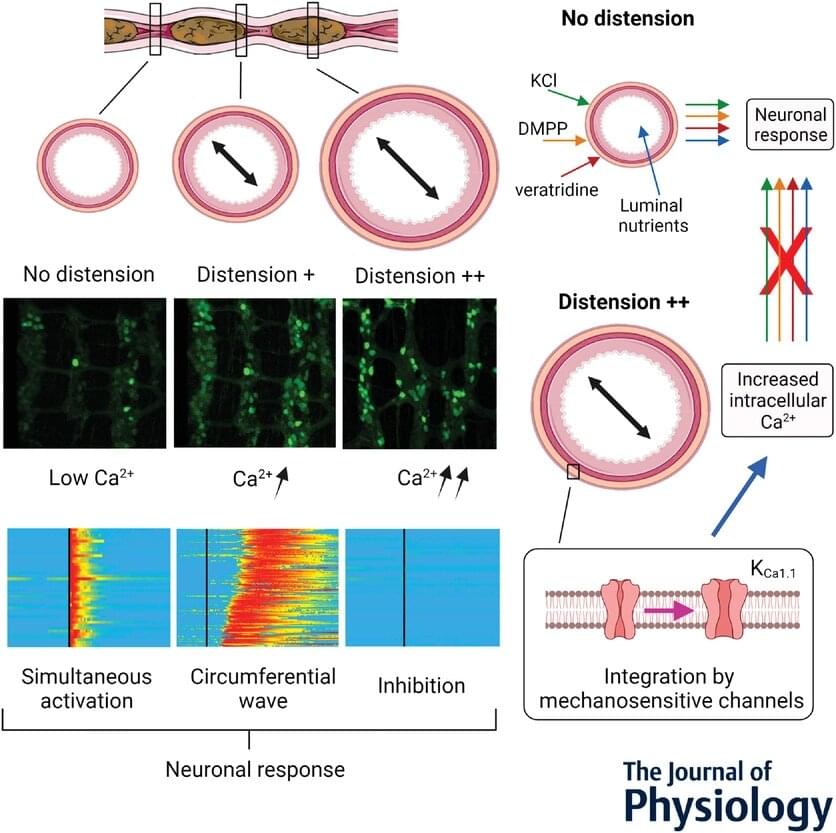
University of Calgary researchers designed a novel imaging and experimental preparation system, allowing them to record the activity of the enteric nervous system in mice. The new technique allows researchers to record what is sometimes referred to as the gut’s brain during the complex processes of digestion and waste elimination.
“This completely different way of conducting experiments allows us to better understand the complexity of the nerve interactions that are regulating and coordinating the responses by the gut’s nervous system,” says Dr. Wallace MacNaughton, Ph.D., co-principal investigator. “It opens up new avenues for us to understand what’s really going on, and that’s going to help us understand gastrointestinal diseases and disorders a lot better.”
Neurons, or nerve cells, embedded in the wall of the gut precisely control its movements. The team used mice genetically encoded with fluorescent labels, so the neurons in the gut’s nervous system would “light up,” glowing green under microscopes, whenever the neurons were activated. The images are already providing new insights.
It’s the twenty-fifth century, and advances in technology have redefined life itself. A person’s consciousness can now be stored in the brain and downloaded into a new body (or “sleeve”), making death nothing more than a minor blip on a screen. Onetime U.N. Envoy Takeshi Kovacs has been killed before, but his last death was particularly painful. Resleeved into a body in Bay City (formerly San Francisco), Kovacs is thrown into the dark heart of a shady, far-reaching conspiracy that is vicious even by the standards of a society that treats existence as something that can be bought and sold. For Kovacs, the shell that blew a hole in his chest was only the beginning.
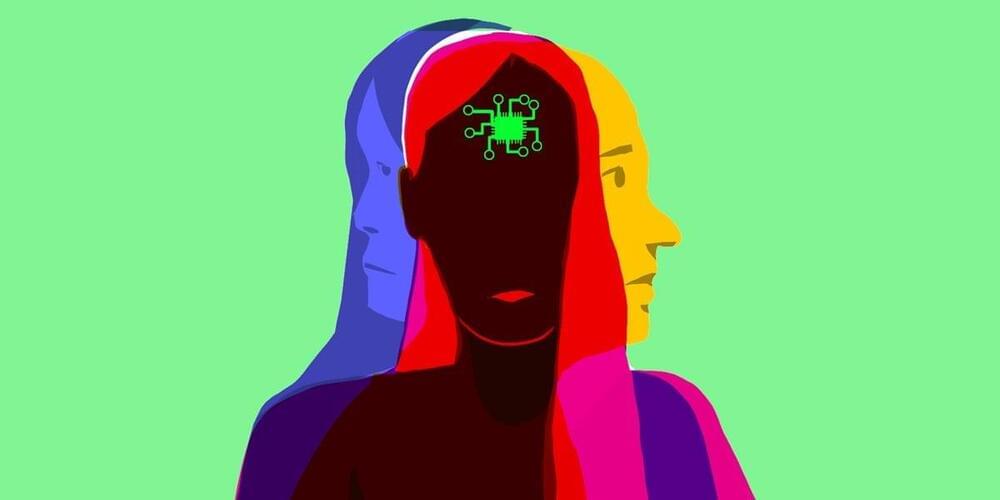
Musk’s company is far from the only group working on brain-computer interfaces, or systems to facilitate direct communication between human brains and external computers. Other researchers have been looking into using BCIs to restore lost senses and control prosthetic limbs, among other applications. While these technologies are still in their infancy, they’ve been around long enough for researchers to increasingly get a sense of how neural implants interact with our minds. As Anna Wexler, an assistant professor of philosophy in the Department of Medical Ethics and Health Policy at the University of Pennsylvania, put it: “Of course it causes changes. The question is what kinds of changes does it cause, and how much do those changes matter?”

Pilots with considerable flight experience ‘showed specific brain connectivity patterns in areas related to processing sensorimotor information’.
Research has analyzed the brain activity of F16 fighter pilots to learn how they adapt to altered gravity levels and rapidly process conflicting sensory information, which can be similar to those experienced by astronauts.
The team used MRI scans to conclude that pilots with considerable flight experience “showed specific brain connectivity patterns in areas related to processing sensorimotor information. They also showed differences in brain connectivity compared with non-pilots,” according to a press release.
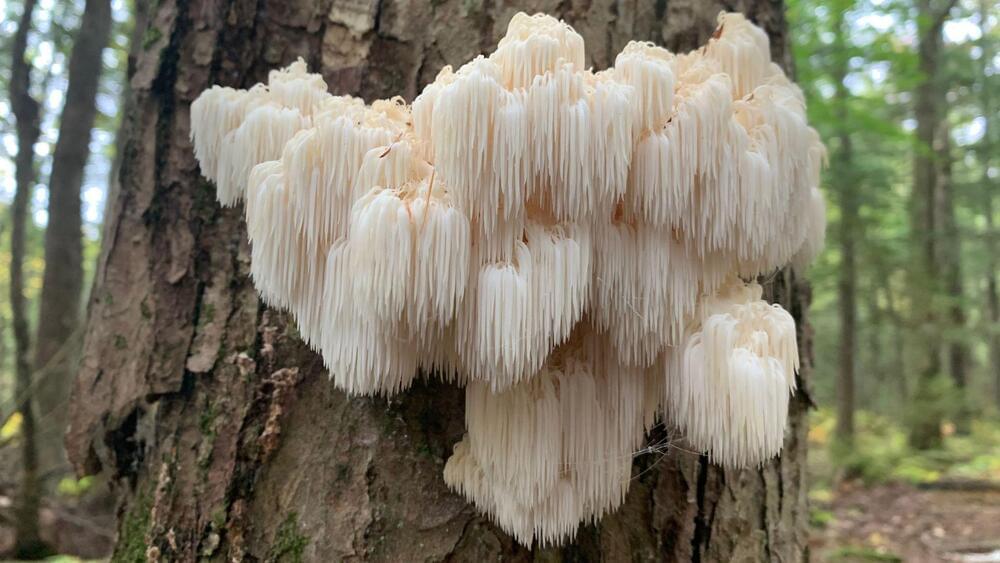
The compound inside the mushroom could be used to treat Alzheimer’s.
An active compound found in an edible mushroom may just be able to improve nerve growth and enhance memory leading to treatments for debilitating diseases such as Alzheimer’s.
The mushroom can be found in North America, Europe, and Asia. In traditional Chinese medicine, it is used to boost the immune system and improve digestive health.
Kathleen Ring/iStock.
Professor Frederic Meunier from the Queensland Brain Institute revealed in a report published last Friday that his team of researchers had identified new active compounds from the mushroom, Hericium erinaceus, commonly known as the Lion’s Mane Mushroom.